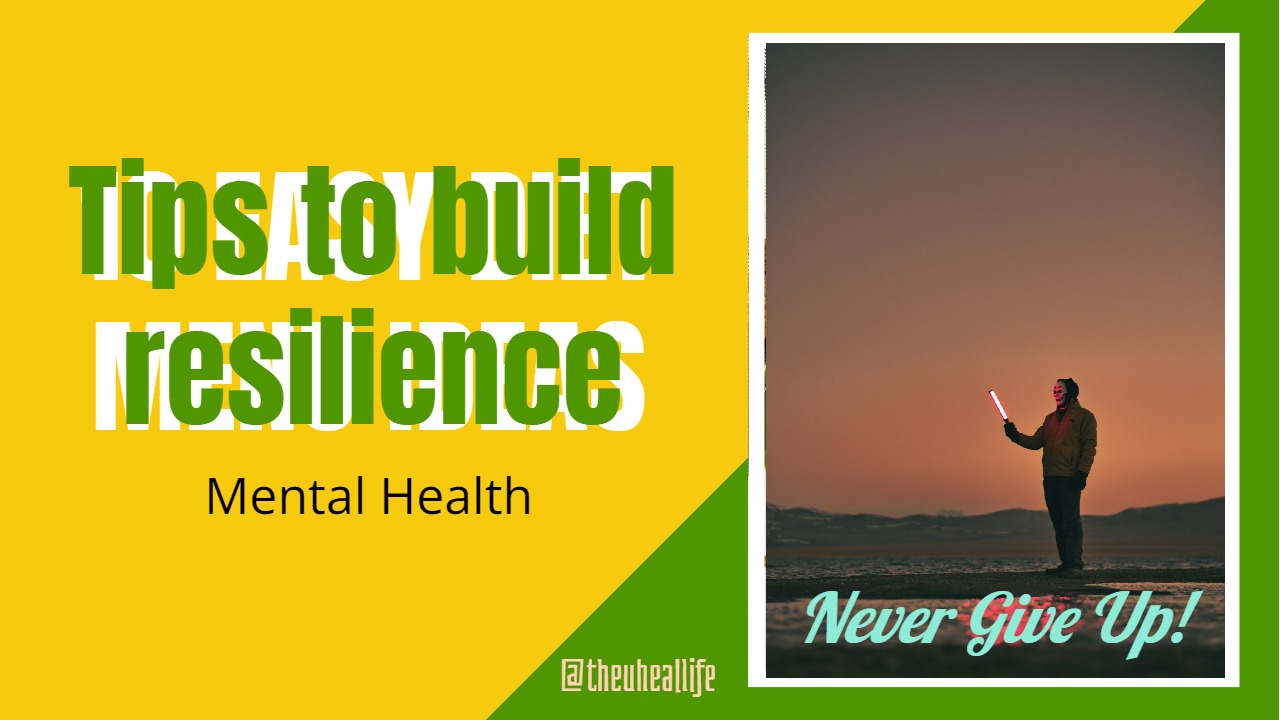Tips to build resilience
- Get Together: Talk with your friends and, yes, even with your parents.
Understand that your parents may have more life experience than you do,
even if it seems they never were your age. They may be afraid for you if you’re
going through really tough times and it may be harder for them to talk about
it than it is for you! Don’t be afraid to express your opinion, even if your
parent or friend takes the opposite view. Ask questions and listen to the
answers. Get connected to your community, whether it’s as part of a church
group or a high school group. - Cut Yourself Some Slack: When something bad happens in your life,
the stresses of whatever you’re going through may heighten daily stresses.
Your emotions might already be all over the map because of hormones and
physical changes; the uncertainty during a tragedy or trauma can make these
shifts seem more extreme. Be prepared for this and go a little easy on your-
self, and on your friends. - Create A Hassle-Free Zone: Make your room or apartment a “hassle-
free zone”—not that you keep everyone out, but home should be a haven
free from stress and anxieties. But understand that your parents and siblings
may have their own stresses if something serious has just happened in your
life and may want to spend a little more time than usual with you. - Stick To The Program: Spending time in high school or on a college cam-
pus means more choices; so let home be your constant. During a time of major
stress, map out a routine and stick to it. You may be doing all kinds of new
things, but don’t forget the routines that give you comfort, whether it’s the things
you do before class, going out to lunch, or have a nightly phone call with a friend. - Take Care Of Yourself: Be sure to take care of yourself—physically,
mentally, and spiritually. And get sleep. If you don’t, you may be more grouchy
and nervous at a time when you have to stay sharp. There’s a lot going on,
and it’s going to be tough to face if you’re falling asleep on your feet. - Take Control: Even in the midst of tragedy, you can move toward
goals one small step at a time. During a really hard time, just getting out of
bed and going to school may be all you can handle, but even accomplishing
Resilience For Teens: Got Bounce? 21
that can help. Bad times make us feel out of control—grab some of that
control back by taking decisive action. - Express Yourself: Tragedy can bring up a bunch of conflicting emo-
tions, but sometimes, it’s just too hard to talk to someone about what you’re
feeling. If talking isn’t working, do something else to capture your emotions
like start a journal, or create art. - Help Somebody: Nothing gets your mind off your own problems like
solving someone else’s. Try volunteering in your community or at your school,
cleaning up around the house or apartment, or helping a friend with his or
her homework. - Put Things In Perspective: The very thing that has you stressed out may
be all anyone is talking about now. But eventually, things change and bad times
end. If you’re worried about whether you’ve got what it takes to get through
this, think back on a time when you faced up to your fears, whether it was
asking someone on a date or applying for a job. Learn some relaxation tech-
niques, whether it’s thinking of a particular song in times of stress, or just
taking a deep breath to calm down. Think about the important things that
have stayed the same, even while the outside world is changing. When you
talk about bad times, make sure you talk about good times as well. - Turn It Off: You want to stay informed—you may even have home-
work that requires you to watch the news. But sometimes, the news, with its
focus on the sensational, can add to the feeling that nothing is going right.
Try to limit the amount of news you take in, whether it’s from television,
newspapers or magazines, or the internet. Watching a news report once in-
forms you; watching it over and over again just adds to the stress and con-
tributes no new knowledge.
You can learn resilience. But just because you learn resilience doesn’t mean
you won’t feel stressed or anxious. You might have times when you aren’t
happy—and that’s OK. Resilience is a journey, and each person will take his
or her own time along the way. You may benefit from some of the resilience
tips above, while some of your friends may benefit from others. The skills of
resilience you learn during really bad times will be useful even after the bad
times end, and they are good skills to have every day. Resilience can help you
be one of the people who’ve “got bounce.”
Credit Source: TEEN HEALTH SERIES Mental Health Information for Teens Health Tips about Mental Wellness and Mental Illness book

